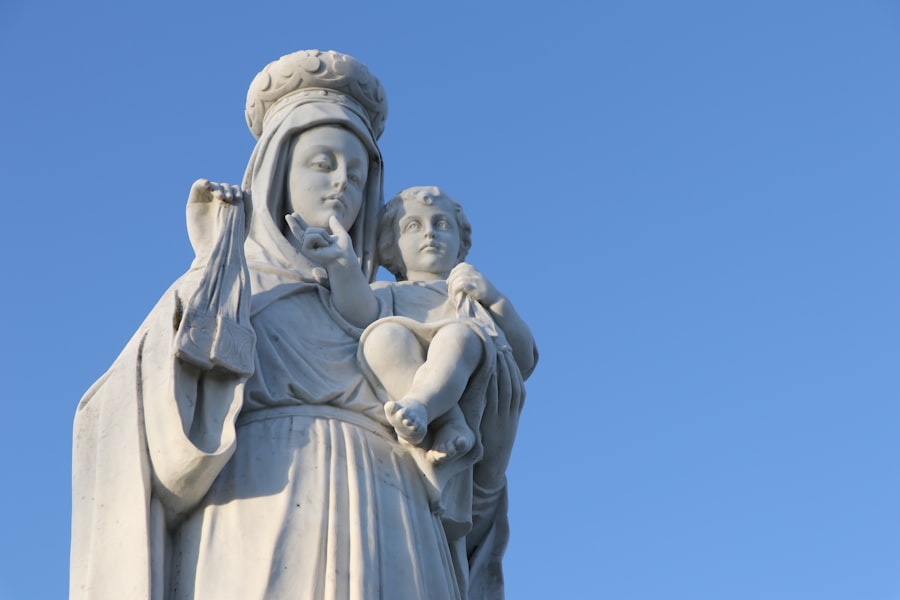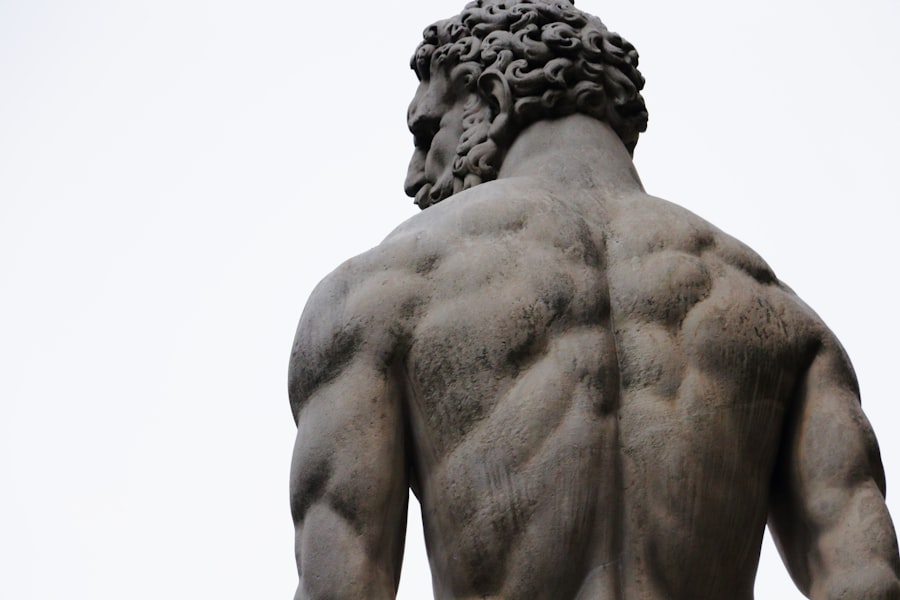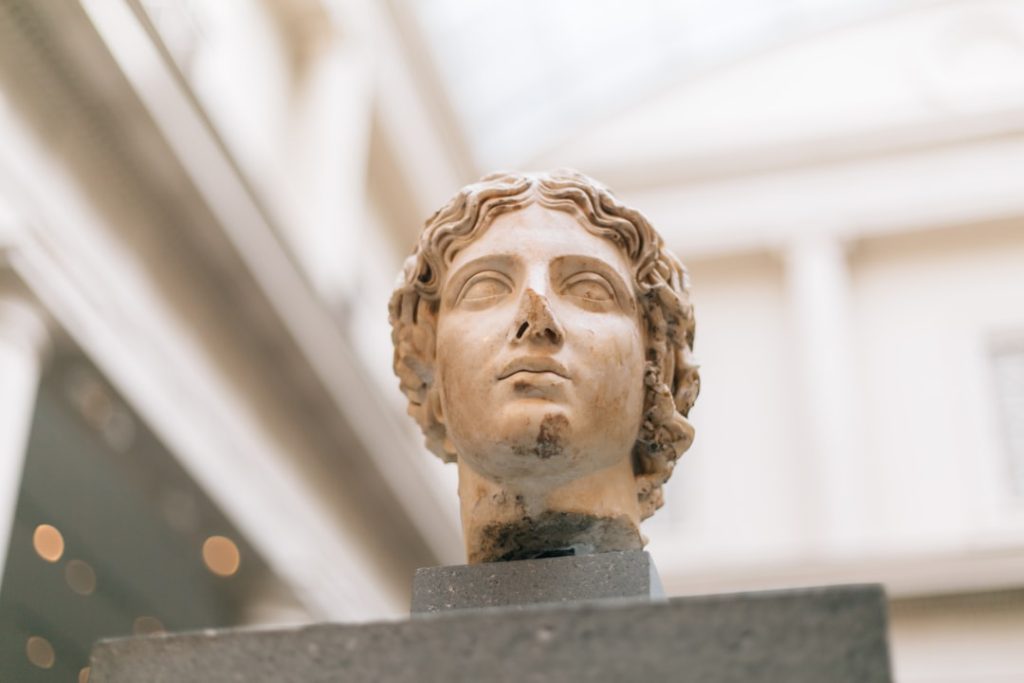The role of the Keeper of the Sacred Chickens was a significant position in several ancient civilizations, including Roman, Etruscan, and Greek cultures. This official was responsible for the care and maintenance of chickens used in religious divination practices. The sacred chickens were employed in a method of augury called alectryomancy, where their eating habits were observed to interpret the will of the gods.
In ancient Rome, the pullarius was the official tasked with keeping the sacred chickens. These birds were used before important state decisions and military campaigns. The chickens were offered food, and if they ate eagerly, it was considered a favorable omen.
If they refused to eat, it was seen as a bad sign. The importance of this role is exemplified in historical accounts. For instance, in 249 BCE, Roman consul Publius Claudius Pulcher reportedly threw the sacred chickens into the sea when they refused to eat before a naval battle, saying, “If they won’t eat, let them drink.” The subsequent defeat of the Roman fleet was attributed to this act of impiety.
The position of Keeper of the Sacred Chickens demonstrates the integration of religious practices with state affairs in ancient societies. It also highlights the significance of animal-based divination in guiding important decisions in these cultures.
Table of Contents
- 1 The History and Importance of Sacred Chickens in Ancient Cultures
- 2 Duties and Responsibilities of the Keeper of the Sacred Chickens
- 3 The Rituals and Ceremonies Involving Sacred Chickens
- 4 Challenges and Rewards of Being a Keeper of the Sacred Chickens
- 5 The Role of Sacred Chickens in Modern Society
- 6 The Legacy of the Keeper of the Sacred Chickens
- 7 FAQs
Key Takeaways
- The Keeper of the Sacred Chickens is a revered position in ancient cultures, responsible for the care and protection of sacred chickens.
- Sacred chickens played a significant role in ancient rituals and were believed to possess divine powers, influencing important decisions and events.
- The duties of the Keeper of the Sacred Chickens included ensuring the well-being of the chickens, interpreting their behavior, and conducting rituals and ceremonies involving them.
- The challenges of being a Keeper of the Sacred Chickens included the pressure to accurately interpret the chickens’ behavior and the rewards included the respect and influence that came with the position.
- While the role of sacred chickens has diminished in modern society, their legacy lives on in the form of cultural traditions and historical significance.
The History and Importance of Sacred Chickens in Ancient Cultures
The Divine Connection
The history and importance of sacred chickens in ancient cultures can be traced back to the earliest civilizations, where these birds were revered for their perceived connection to the divine. In ancient Rome, for example, sacred chickens were believed to possess the ability to communicate messages from the gods through their behavior and feeding patterns.
Augury and Divination
The practice of augury, or divination through the observation of birds, was a significant part of Roman religious practices, and sacred chickens played a central role in this ritual. The Keeper of the Sacred Chickens was responsible for caring for these birds and interpreting their behavior to discern the will of the gods, making them a crucial figure in Roman religious life.
Symbols of Fertility and Prosperity
In addition to their role in divination, sacred chickens also held symbolic importance in ancient cultures. In many societies, chickens were associated with fertility, prosperity, and protection, and were often used in sacrificial rituals to appease the gods and ensure the well-being of the community. The presence of sacred chickens in religious ceremonies was believed to bring blessings and good fortune, making them an essential component of ancient religious practices.
Duties and Responsibilities of the Keeper of the Sacred Chickens

The duties and responsibilities of the Keeper of the Sacred Chickens were multifaceted and carried great significance in ancient societies. One of their primary responsibilities was to ensure the well-being and care of the sacred chickens under their charge. This included providing proper housing, feeding, and protection for the birds, as well as overseeing their breeding and health.
The Keeper was also responsible for interpreting the behavior of the chickens to discern messages from the gods, a practice known as augury. This required a deep understanding of chicken behavior and an ability to interpret their actions in a way that would provide guidance for important decisions and events. In addition to their caretaking duties, the Keeper of the Sacred Chickens also played a crucial role in overseeing their involvement in important religious rituals and ceremonies.
This included ensuring that the chickens were present and properly prepared for sacrificial offerings, as well as overseeing their participation in divination practices. The Keeper was also responsible for maintaining the purity and sanctity of the chickens, as they were believed to be conduits for divine communication and blessings. The duties and responsibilities of the Keeper of the Sacred Chickens were not only practical in nature but also carried deep spiritual significance, making this role one of great honor and reverence in ancient societies.
The Rituals and Ceremonies Involving Sacred Chickens
The rituals and ceremonies involving sacred chickens were an integral part of religious practices in many ancient cultures. In ancient Rome, for example, sacred chickens played a central role in augury, a form of divination that involved observing the behavior of birds to discern messages from the gods. The Keeper of the Sacred Chickens was responsible for overseeing this practice, which involved releasing the chickens from their coop and observing their behavior to determine whether or not the gods were favorable towards a particular course of action.
The interpretation of the chickens’ behavior was a highly specialized skill that required deep knowledge and understanding of chicken behavior, as well as an ability to discern messages from the divine. In addition to their role in divination, sacred chickens were also involved in sacrificial rituals and ceremonies in many ancient cultures. The presence of these revered birds was believed to bring blessings and good fortune, making them an essential component of religious offerings.
The Keeper of the Sacred Chickens played a crucial role in ensuring that the chickens were properly prepared for sacrifice and overseeing their participation in these important ceremonies. The rituals and ceremonies involving sacred chickens were deeply ingrained in the religious practices of ancient societies, and their presence was believed to bring divine favor and protection to the community. The legacy of these rituals continues to be celebrated and honored in modern times, as they represent an important part of our shared cultural heritage.
Challenges and Rewards of Being a Keeper of the Sacred Chickens
The role of the Keeper of the Sacred Chickens carried with it both challenges and rewards that were unique to this esteemed position. One of the primary challenges faced by Keepers was the responsibility of caring for these revered birds, which required a deep understanding of chicken behavior and specialized knowledge of their care and well-being. This included providing proper housing, feeding, and protection for the chickens, as well as overseeing their breeding and health.
The Keeper was also tasked with interpreting the behavior of the chickens to discern messages from the gods, a practice that required great skill and intuition. These responsibilities demanded a high level of dedication and expertise, making this role one that required great commitment and diligence. Despite these challenges, being a Keeper of the Sacred Chickens also carried with it great rewards and honors.
The position was one of great reverence in ancient societies, as Keepers were entrusted with caring for animals that were believed to possess a direct connection to the divine. Their role in overseeing important religious rituals and ceremonies also brought with it a sense of spiritual significance and importance within their communities. The legacy of being a Keeper of the Sacred Chickens continues to be celebrated and honored to this day, as it represents a tradition that has left an indelible mark on our shared cultural heritage.
The Role of Sacred Chickens in Modern Society

Sacred Chickens in Modern Culture
Their role in modern society reflects a continuation of ancient traditions that have been passed down through generations, demonstrating the enduring legacy of sacred chickens in our shared cultural heritage. In addition to their symbolic and practical significance, sacred chickens also hold a place in modern society through their representation in art, literature, and popular culture. Their presence in these mediums serves as a reminder of their historical importance and spiritual significance in ancient cultures, keeping alive the legacy of these revered birds for future generations to appreciate.
A Symbol of Fertility, Prosperity, and Protection
In many cultures, chickens are still revered for their symbolic importance in fertility, prosperity, and protection. They are used in religious ceremonies as a means of seeking blessings and divine favor, and are valued for their practical contributions as a source of food and sustenance.
A Lasting Legacy
The role of sacred chickens in modern society may have evolved from its ancient origins, but their continued presence serves as a testament to their enduring legacy and cultural significance.
The Legacy of the Keeper of the Sacred Chickens
The legacy of the Keeper of the Sacred Chickens is one that has left an indelible mark on our shared cultural heritage. Throughout history, these esteemed individuals have played a crucial role in caring for sacred chickens and overseeing their involvement in important religious rituals and ceremonies. Their duties carried with them great responsibility and spiritual significance, making this role one that was held in high esteem by ancient societies.
The history and importance of sacred chickens in ancient cultures reflect a deep reverence for these birds as symbols of fertility, prosperity, protection, and divine communication. Their presence in religious practices served as a means of seeking blessings and divine favor, making them an essential component of ancient societies’ spiritual beliefs. While the role of sacred chickens may have evolved over time, their presence continues to hold significance in modern society through their symbolic importance, practical contributions, and representation in art, literature, and popular culture.
The enduring legacy of sacred chickens serves as a reminder of their historical importance and spiritual significance in ancient cultures, ensuring that their revered status will continue to be celebrated and honored for generations to come.
If you’re interested in learning more about the breeding and mating season for turkeys, check out this informative article on Poultry Wizard. Understanding the mating habits of turkeys can be crucial for successful breeding and raising of these birds.
FAQs
What is the role of the keeper of the sacred chickens?
The keeper of the sacred chickens was a priestly office in ancient Rome responsible for the care and feeding of sacred chickens used in divination rituals.
What were the sacred chickens used for?
The sacred chickens were used in a form of divination called “auspices” where the behavior of the chickens was observed to determine the will of the gods and the outcome of certain events.
How were the sacred chickens cared for?
The keeper of the sacred chickens was responsible for ensuring the well-being of the chickens, providing them with food, water, and a suitable environment for their divination rituals.
What were the consequences of neglecting the sacred chickens?
Neglecting the sacred chickens or misinterpreting their behavior was considered a serious offense in ancient Rome and could result in dire consequences for the individual or the state.
Was the role of the keeper of the sacred chickens a prestigious position?
Despite the importance of their role in Roman religious practices, the keeper of the sacred chickens was not considered a prestigious position and was often held by lower-ranking priests.
Meet Walter, the feathered-friend fanatic of Florida! Nestled in the sunshine state, Walter struts through life with his feathered companions, clucking his way to happiness. With a coop that’s fancier than a five-star hotel, he’s the Don Juan of the chicken world. When he’s not teaching his hens to do the cha-cha, you’ll find him in a heated debate with his prized rooster, Sir Clucks-a-Lot. Walter’s poultry passion is no yolk; he’s the sunny-side-up guy you never knew you needed in your flock of friends!







